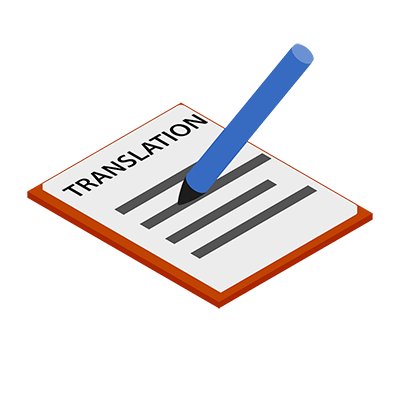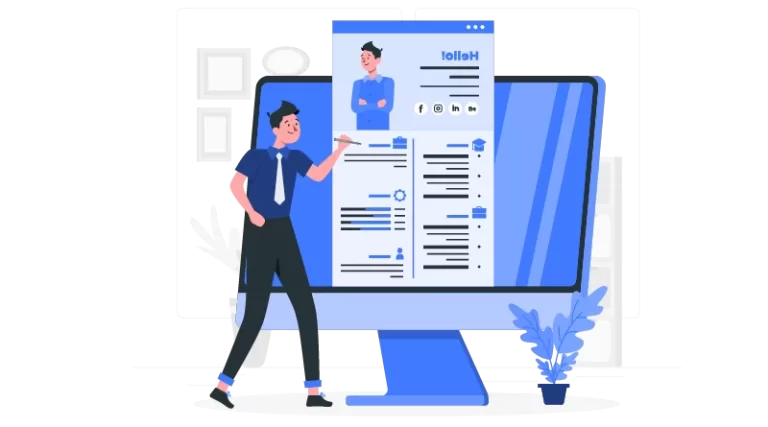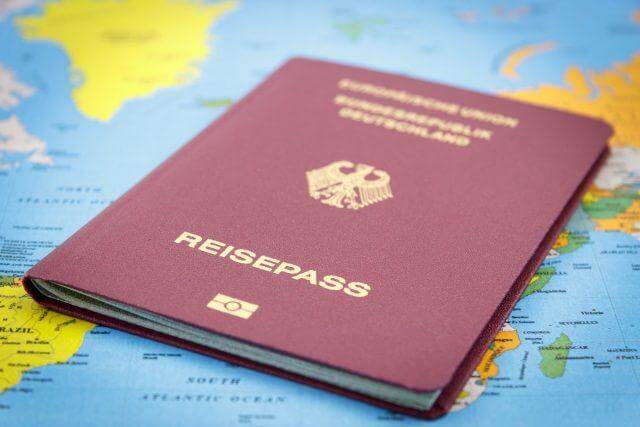Immigrating to Germany
Are you interested in immigrating to Germany but don’t know how to proceed?
Simply contact Rohan Academy for general and specialized consultation to assess your conditions. We will provide you with the best and most secure migration method based on your circumstances. Germany is one of the best European countries for Iranian immigrants. It offers a suitable job market, high economic growth, economic and political stability, and the opportunity for free education in Europe. In this article, we will delve into the conditions for migration to Germany, obtaining German citizenship, and residence through various ways. You can also contact Rohan Academy consultants for more information on new migration laws, residence, citizenship, and educational migration conditions to Germany.
Germany, also known as the Federal Republic of Germany, is a highly advanced country in the continent of Europe. It shares borders with Poland, France, the Czech Republic, Austria, Belgium, and the Netherlands. Germany consists of 16 states, with Bavaria being the largest located in the southern part of the country. Germany boasts diverse natural landscapes, and each state in the country has its own government and laws, to a large extent, autonomous. For immigrants, Germany provides high standards of living. With an advanced education system, healthcare, and transportation, Germany is among the best countries in the world in terms of quality of life and well-being. Additionally, the cost of living in major European cities is competitive. Considering the unlimited job market in Germany, immigrants have no concerns about finding employment, and you can turn your dream into reality in Germany.
The benefits of migrating to Germany include high salaries and wages, diverse career advancement opportunities, a stable economy, a world-class education system, excellent healthcare, and low unemployment rates.
You can enter Germany through work, study, or apprenticeship migration, and one of the ways to obtain permanent residency in Germany is to have a valid job offer from the destination country. One of the features that will be introduced in 2023 in Germany is the issuance of a job seeker visa. With the job seeker visa, professionals will be allowed to reside in Germany for up to six months to find their desired job. Providing an educational and specialized certificate is essential for work migration to Germany. However, with this new feature, you can find a suitable job without the need for specific and specialized certificates.
By finding your desired job, you no longer need to present certificates and can reside in Germany.





